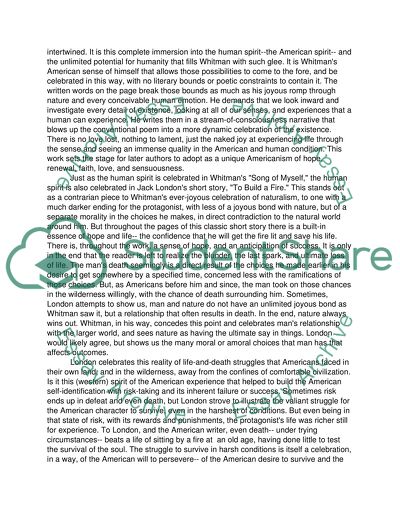Cite this document
(“The American Sense of the Possible in Literature Essay - 1”, n.d.)
The American Sense of the Possible in Literature Essay - 1. Retrieved from https://studentshare.org/literature/1621129-the-american-sense-of-the-possible-in-literature
The American Sense of the Possible in Literature Essay - 1. Retrieved from https://studentshare.org/literature/1621129-the-american-sense-of-the-possible-in-literature
(The American Sense of the Possible in Literature Essay - 1)
The American Sense of the Possible in Literature Essay - 1. https://studentshare.org/literature/1621129-the-american-sense-of-the-possible-in-literature.
The American Sense of the Possible in Literature Essay - 1. https://studentshare.org/literature/1621129-the-american-sense-of-the-possible-in-literature.
“The American Sense of the Possible in Literature Essay - 1”, n.d. https://studentshare.org/literature/1621129-the-american-sense-of-the-possible-in-literature.


